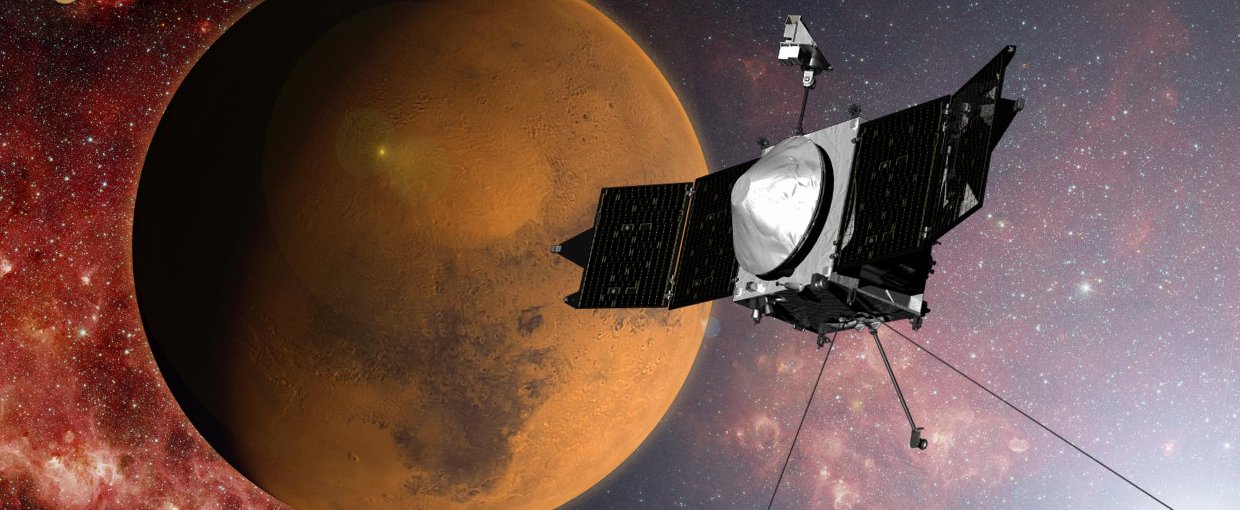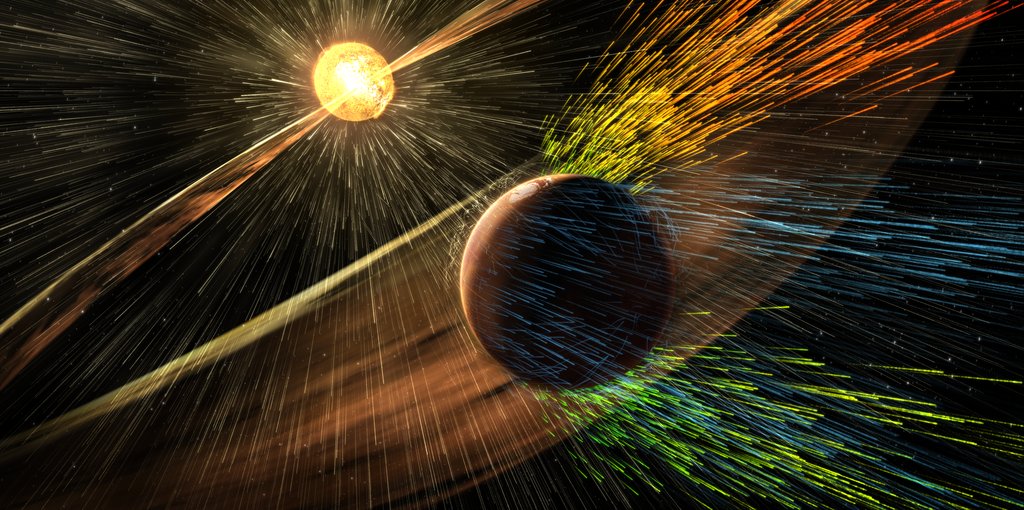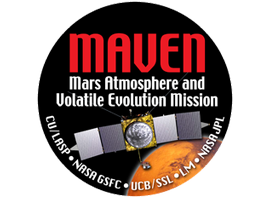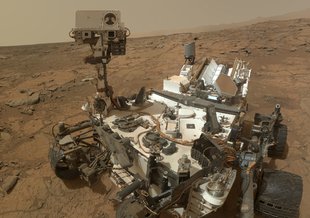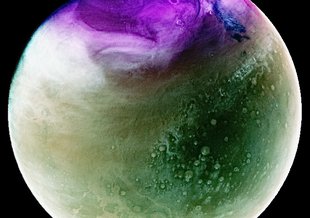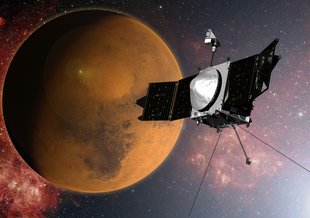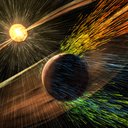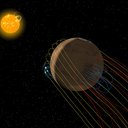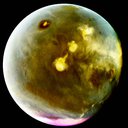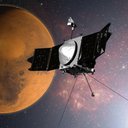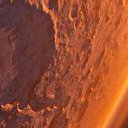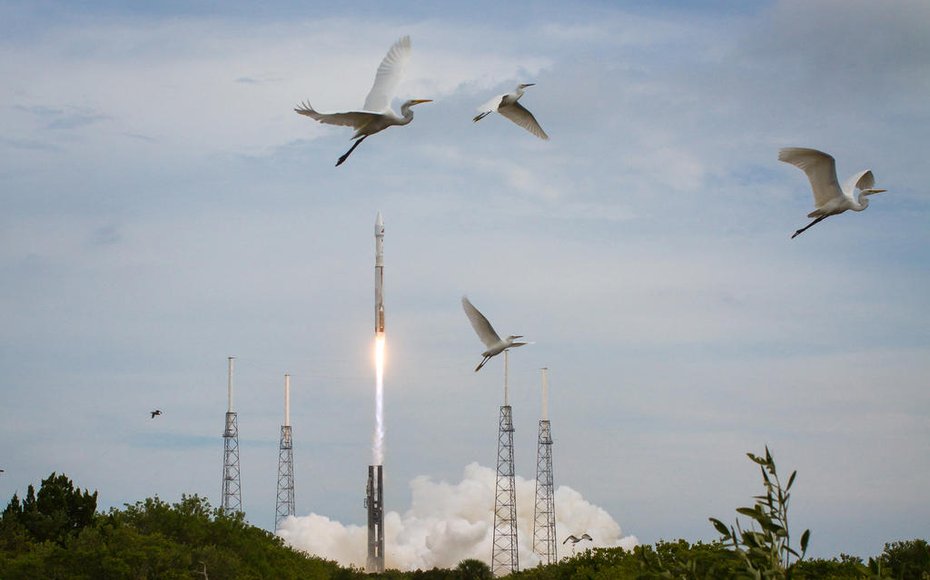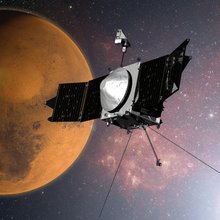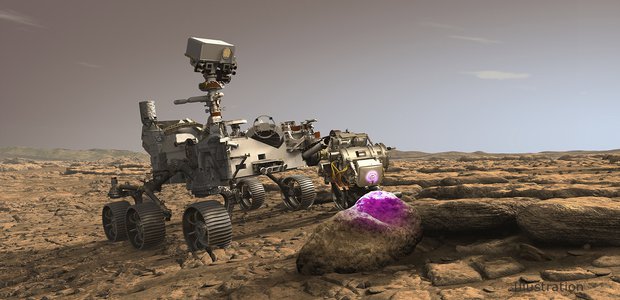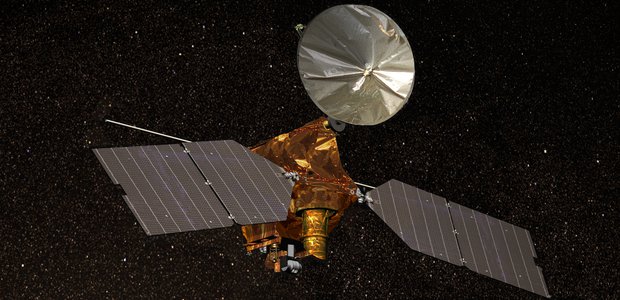- Launch Date May 11, 2013
- Arrival Date September 21, 2014
- Mission TypeOrbiter
- TargetMars
Mission Overview
The MAVEN orbiter studies Mars’ upper atmosphere, ionosphere and interactions with the Sun and solar wind.
Relevance to Astrobiology
Data from MAVEN provides insight into the history of Mars’ atmosphere, climate, liquid water, and planetary habitability. An important aspect of the MAVEN mission is studying how early Mars lost much of its atmosphere. This atmospheric loss may have been partially responsible for Mars’ transition from a planet capable of supporting liquid surface water to the dry, desert world we know today.
NASA Astrobiology Involvement
Astrobiologists supported by the Astrobiology Program are working with data from the MAVEN mission in order to understand how atmospheric loss led to the loss of liquid water on the surface of the planet. This work is important in constraining how and when Mars lost its water and identifying periods in Mars’ history when habitable environments were most likely to exist at the planet’s surface.

